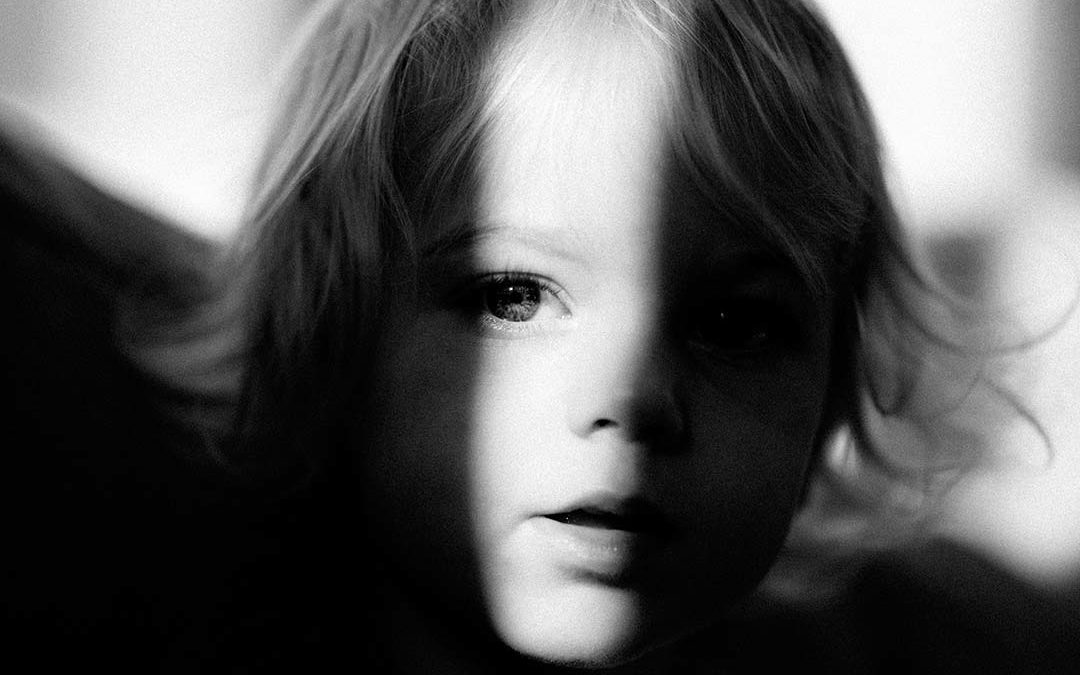We visited the Moremi wildlife park in Botswana last week. You can only enter with a 4×4 vehicle, as the roads are quite difficult to travel. We had to sleep in a ground tent with no encampment, so wildlife could enter your camping area at any time. I have done this before, but as this wildlife reserve was new for me, I was caught in a number of pangs of fear as I entered into this first night with my husband. He, of course, was undaunted, which helped me, but also strangely added to my fears. I really did not want to become any animal’s meal at any time. The first night we spent at the South Gate campground, Charl decided that as the weather was clear, we would sleep without the top cover and watch the open skies through the thin layer of see-through material. For me, this covering was all too little, and as I lay on the air mattress, with Charl snoring beside me in peaceful dreamland, I was listening to every sound north, south east and west from this very lonely campsite. It was a beautiful evening and I really did appreciate the myriad of stars I was gazing at. I just could not shake the fear and felt my heart beating in my throat and my chest constricting. I could not adequately discern the distance between the sounds and the location of our tent, as sound can travel very far in the African wilds. Finally, I shut my eyes tightly with a very earnest prayer for safety and decided to “shut down” my auditory system and rather visualize a nice calm vacation on one of our favorite Caribbean islands. I willed myself not to listen and finally fell asleep.
But as I did lie there pondering the night sounds, I did think about our kids at the practice, as they never seem to be too far away from my mind. I was in a temporary situation (of my own free will!!!), but our kids who struggle with sound sensitivity feel this way every day of their lives! It really struck home in a big way, how impossible it feels to listen to my husband’s reassurances with my heart beating the way I did, just wishing I could be away from that area at that point. Our kids cannot get away, they have to face this sensitivity every day and above and beyond these feelings of sympathetic over-arousal, they are expected to focus, learn, read and do their math. They do try to escape, but this is frequently judged as a “behavior” which has to be negatively rewarded. The only other alternative they have is too shut down their auditory system and use their other systems instead or start hyper focusing on something visually. This is when you have to call their name more than 3 times to gain their attention. Since their central nervous system is affected, they cannot access a cognitive strategy such as I did to support myself. Children with hypersensitivity to sound do not realize others do not feel this way, so they never really communicate that something is bothering them. This must be a very difficult life indeed, as the child cannot simply relax and feel safe. Charl felt perfectly safe in the exact same tent, though his safety could not penetrate my experience of the same situation. We cannot ask children to “feel safe”; it is an unconscious perceptual experience.
There are 3 major reasons why kids with auditory hypersensitivity can feel unsafe every day:
- Hypersensitivity leads to sympathetic over-arousal, causing the nervous system to be in readiness of fight, flight and shut down.
- The acoustic reflex in the middle ear is not doing a sufficient job of dampening the lower frequency sounds, bombarding the inner ear, not providing adequate protection.
- The saccule of the inner ear (part of the vestibular system) receives the low frequency sounds first, causing the body to go into an alert state, increasing muscular rigidity, disallowing the ability to relax and calm down.
We cannot ask children to “feel safe”; it is an unconscious perceptual experience.
Recent research in 2016 also showed that we pick up emotional content from environmental sounds (no kidding – tent fear!!), increasing the possibility for children to go into fight, flight or freeze when bombarded with sounds that appear innocuous to us. All the more reason why we should “chase the why” of behavior before assuming it must be willful, manipulative or rigid. Sound sensitivity can be treated and be aware that even after sound sensitivity has decreased in the central nervous system, a child could still want to hold his/her hands over his/her ears in the face of simply feeling overwhelmed or anxious for a myriad of other reasons. Sound sensitivity decreases the child’s chances of developing very necessary skills, such as motor planning, as any new and novel experience first has to pass the muster of the overactive Amygdala going into fight, flight or shut down.
By the way, the next nights in the wild were much easier. My system normalized and as elephants were cracking down the limbs of trees around us on the second night, I fell sound asleep!


Recent Comments